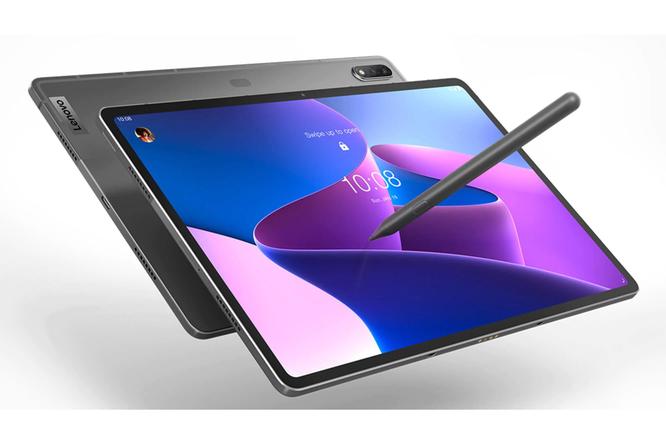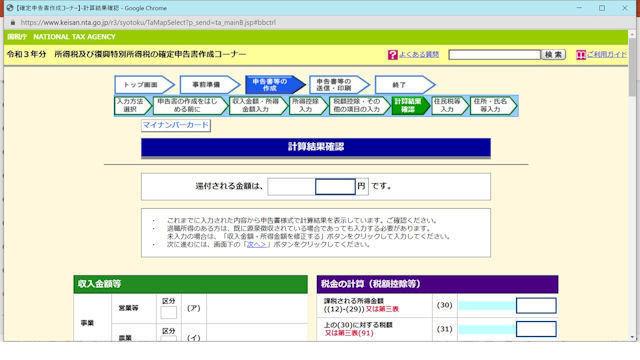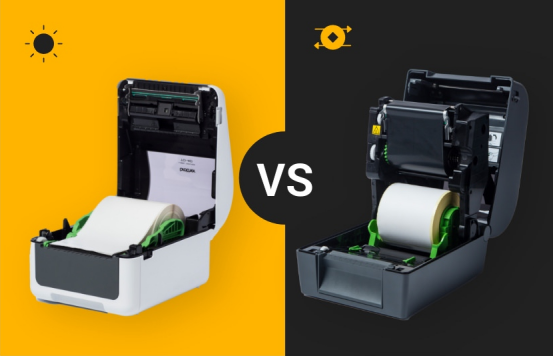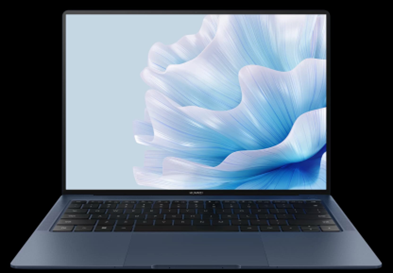Angle: 'Embedded Finance' Encroaches on Banks as Mercedes and Ikea Enter
edited by Reuters
Read in 3 minutes
[London 17th Reuters] - Anyone can run a banking business these days. All you need is good software.
From luxury car brand Mercedes-Benz to furniture retailer IKEA to e-commerce company Amazon.com, a wide range of global companies are now embracing software provided by emerging IT (information technology) companies. Entering the financial industry. Banks and other existing financial institutions must remain vigilant.
It is called "embedded finance" that a business company embeds software and provides financial services to customers. Amazon customers can use the Buy Now Pay Later (BNPL) service when shopping, and Mercedes-Benz owners can pay for fuel with the in-car payment feature.
Actually, most of these deals still have banks behind them. But market observers warn that banks risk further setbacks from the front lines of the financial industry.
By stepping back from the front lines, you're also stepping away from the mountains of data other companies collect about customer preferences and behavior.
Bain Capital Ventures partner Matt Harris said, “Embedded financial services take the concept of cross-selling to a new level. It is based on a deep and continuous relationship between them.” "That's why this revolution is so important," he says.
Furthermore, Harris said, "That means all the good risk (high quality credit) will go to embedded finance that knows its customers, and very little goes to banks and insurance companies."
So far, much of the embedded finance space is barely cracking the bank's dominance. Some start-ups have obtained business licenses for regulated services such as lending, but they fall short of the size and funding of the largest banks.
However, fintech companies that combine finance and IT have succeeded in stealing part of the digital payment business from banks, and valuations have risen in the process. Analysts say if this success can be replicated in credit, financial institutions may be forced to respond.
Stripe, an electronic payment service that counts the likes of Alphabet Inc.'s Google and Amazon, had a market capitalization of $95 billion when it raised funding in March.
New entrants accounted for 8% of global revenue in the payment services market in 2019, according to Accenture director Alan McClintyre. Moreover, due to the expansion of digital payment services due to the global epidemic of the new coronavirus, the market share has expanded further in the past year.
Now that the focus has shifted to lending, there is also a focus on off-the-shelf digital lending services providers with a range of products that businesses can choose to integrate.

Luka Bocchio of venture capital firm Accel said, "The vast majority of consumer-centric companies will be able to offer financial products that can significantly improve the customer experience. That's why we're so excited about this space. I remember," he said.
Pitchbook data seen by Reuters showed $4.25 billion invested in embedded finance startups this year, about three times more than last year.
For example, Swedish BNPL company Klarna has raised $1.9 billion. DriveWealth, which sells technology for retail stock trading services to companies, has raised $459 million. Solaris Bank, which has a German digital banking license and provides software for banking services, has raised $229 million.
BNPL's Affirm shares soared last month after announcing a partnership with Amazon. BNPL's Square announced last month that it would buy Australian rival Afterpay for $29 billion. Square now has a market capitalization of $113 billion, surpassing HSBC, the largest bank in Europe with a market capitalization of $105 billion.
Simon Torrance, founder of Embedded Finance and Super Up Strategies, said, "The big banks and insurers have to move fast in this market and deliver results when they're on the line or they'll lose." and pessimistic.
This year, retailers entered the financial services industry one after another. Walmart launched a fintech company in January with investment firm Ribit Capital, and Ikea last month acquired a minority stake in BNPL.
Among automakers, Volkswagen (VW) and others are also experimenting with incorporating payment technology into their cars.
Embedded finance targets not only general consumers but also enterprises. Canadian payment service Shopify provides software for merchants and cash advance services based on data analysis of more than 70 million transactions on its platform.
However, the scale of Shopify's lending business is still far from that of the big banks. The company's cumulative lending track record is equivalent to $2.3 billion. By contrast, JPMorgan Chase had $435 billion worth of outstanding loans at the end of June.
If companies from other sectors enter the financial sector, they may be restricted by regulators.
On the other hand, some financial institutions are already fighting back. Citigroup has partnered with Google on bank accounts, and Goldman Sachs has partnered with Apple on credit cards. JPMorgan plans to acquire 75% of Volkswagen's payments business and expand into other sectors.
"Connectivity between different systems will be important in the future," said Sharouk Moynihan, head of wholesale payments at JPMorgan. I'm going to stand on ," he said proudly.
(Anna Irrera, Iain Withers)
Our Code of Conduct: Thomson Reuters Principles of Trust
 notebook-laptop
notebook-laptop






